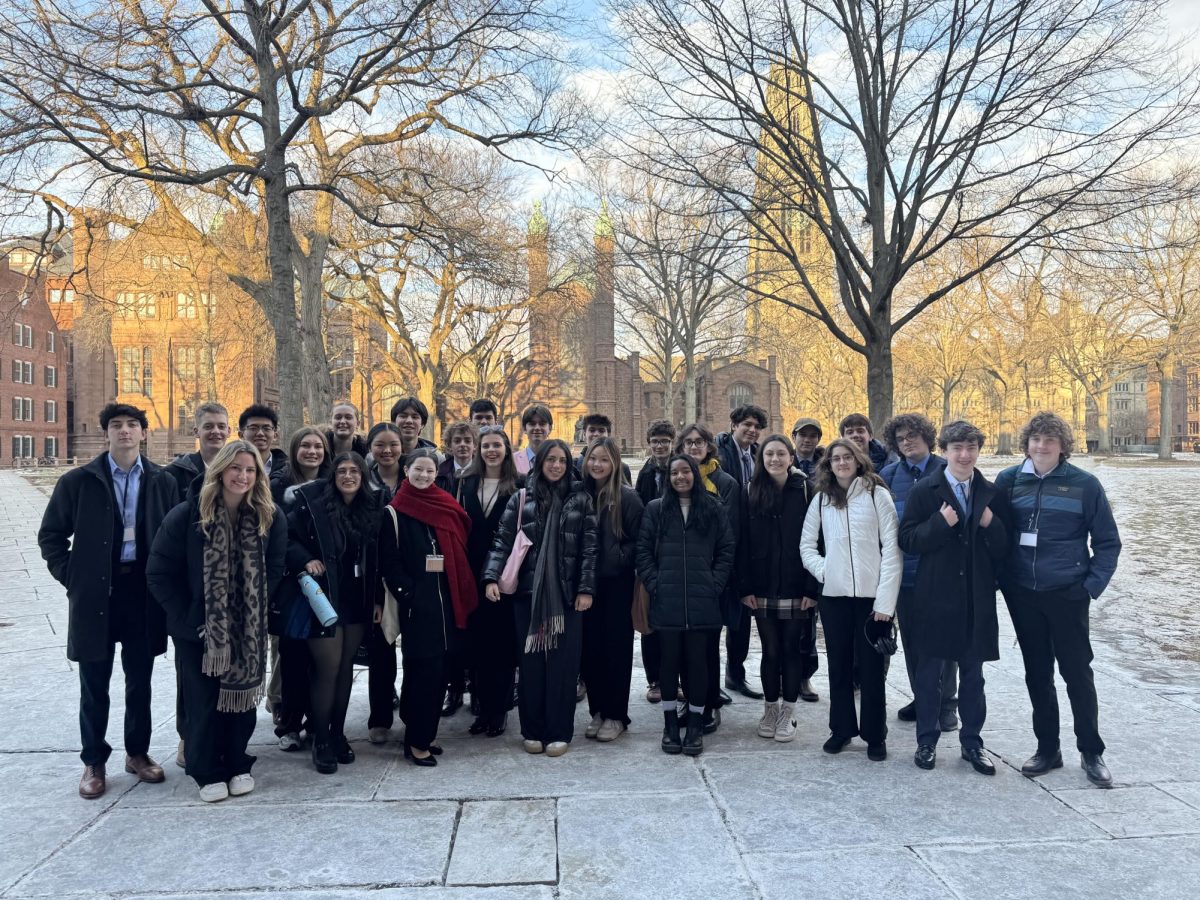Are AP/ECE Classes Worth It?
February 26, 2020
Every time the month of March rolls around, students here at WHS search through the course catalogue to select their classes for the next school year. Upperclassmen have the opportunity to take AP and ECE classes, which can count for college credit. These classes have a substantial workload compared to other classes and cost money.
AP, or Advanced Placement, classes prepare you for the AP tests in May. To take the May 2020 tests, students had to pay $100 per test. For those who plan on taking multiple tests, this can all add up very quickly. ECE classes refer to UCONN’s Early College Education program, where teachers at the high school essentially teach a college level course. Again, these classes have a high cost, $200 for a four-credit class. With these classes, however, students don’t need to take a test to gain the credit. Rather, they just have to pass the class with a C+ grade.
While it costs money for the tests or courses, scoring high enough on an AP test or passing an ECE course can have huge benefits. Depending on the school, students can get credit hours, fill course requirements, or place into high level classes. Any of these options can help save students thousands on tuition. Chloe Wilson, graduating class of 2019, is currently enrolled in Northeastern University in a combined major. Because of the credits she earned in high school, she says she’s a semester ahead of schedule and will be done in seven semesters rather than eight.
Mr. Steady, AP Calculus teacher, states, “Getting college credit ahead of time, as long as you are actually learning the material, has a huge upside. For example, I completed my bachelor’s degree a year early almost entirely because of AP credits that I got at WHS.” Mrs. Batty, who teaches AP/ECE Biology, says that if you’re taking these classes for financial reasons, there is a huge benefit. Being able to knock out credits now means that you don’t have to pay thousands of dollars later.
But there are schools where the benefits don’t seem to outweigh the costs. In some cases, if students don’t get the required grades or test scores, they can’t get the credit. Dominic Brunoccioni, also class of 2019, is currently enrolled at American University. Although he passed his AP tests with scores of three, his school only accepted scores of four and five for credit. When asked if the stress was worth taking the class in the end, he simply stated no.
In other cases, taking the tests seems redundant. Alex Cole, senior, is applying to the U.S. Naval Academy and isn’t going to be taking any AP tests. She says that in order to get credit, she’d need to get a five (the highest score), and would still have to test out of the subject. She believes that in her case, it’s better to save the money now and just take the class if she gets in.
Cole says that her main reason she’s taking these courses is to be “academically challenged.” These classes are often more challenging compared to classes taken in freshman/sophomore year because they prepare students for college curriculum. Ryan Dombroski, senior, says that these classes are definitely worth it both for the college credit and because of “they offer a nice challenge.”
The challenge of taking all of these classes at the same time adds up almost as quickly as the cost. Filling up schedules with tons of college-level courses, on top of any extracurricular activities, can really stretch students. The ability to pick and choose which classes to take becomes increasingly important. Mrs. Pesko, who teaches AP/ECE Chemistry, believes that “guidance needs to make it a point to limit the number of AP/ECE classes that a student can take at one time,” citing the fact that many students will take a number of these classes on top of being involved in sports, clubs, volunteer and paid work.
When asked for any advice on deciding what AP/ECE classes to take, Mr. Adler, Mrs. Chen, and Mrs. White all emphasized that students need to find the balance that works for them. Mrs. Chen says that it’s not about how many classes but which classes you take that should be the priority for students. Mr. Adler’s three main points were that the classes should be challenging enough, they shouldn’t drive students crazy, and they shouldn’t drag students’ averages down. Mrs. White says that unless you’re striving for Yale or Harvard, the number of AP/ECE classes that a student takes shouldn’t be the priority.
There’s an appeal to taking as many of these classes as possible. Not only do these classes provide a chance at college credit, but they also boost students’ applications to colleges. Mrs. Batty, however, says that you should think about what you enjoy, what excites you, and not to get caught up in stuff like class rank. You should still be in the class to learn, and you shouldn’t put yourself through something you don’t like just for rank. Mr.Cheney advises to “take as much as you can handle without going overboard, knowing that if fewer AP classes ultimately costs you Yale or Princeton, there are still a bunch of great schools to go to and it won’t really matter which one you picked in the long run.”
Overall, when these classes are used effectively, they have the opportunity to have positive effects on your future education. The main emphasis should be that it all depends on the student and what schools they’re looking into. Students should find a balance between getting these credits and maintaining their life outside of the classroom. If you aren’t interested in a subject and won’t be getting the college credit, then maybe you have to rethink your course selection.








